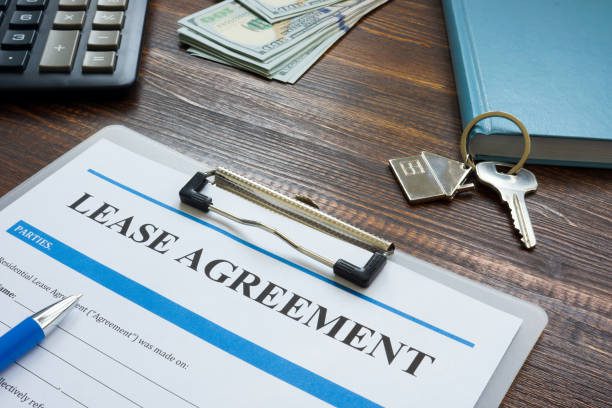Selling your home can be an exciting event. However, it is critical to know what selling your home might cost you. At Corken + Company we want you to know that if you’re monitoring the value of your home, so you can sell it for a worthwhile profit, don’t forget to factor the closing costs for sellers into the sale price.
You may be trying to estimate your sale price. You could sell at $750,000, which could pay off your $500,000 home loan and reap a $250,000 profit. Before you start counting your dollars you need to calculate the closing costs for the seller.
Buyers also pay closing costs (here’s more info on typical closing costs for buyers). Although, you can see a long column on the Settlement Statement for seller closing costs.
Closing costs for sellers of real estate vary according to where you live. As the seller, you can expect to pay anywhere from 6% to 10% of the home’s sales price in closing costs at settlement. This won’t be cash out of the seller’s pocket; rather it will be deducted from the proceeds on your home.
Seller costs:
One of the larger closing costs for sellers is the commission for the real estate agents involved in the transaction. This is usually paid at at settlement. Commissions on real estate are negotiable and vary somewhat by market, but a typical commission is 6% of the sales price of the home split between the listing real estate agent and the buyer’s agent.
For a $750,000 purchase price, the real estate agent’s commission would come to $45,000. This would be split between the brokers on the transaction. Buyers have the advantage of relying on sellers to pay real estate agent commissions.
Loan payoff costs:
Most home sellers often seek out a sales price for their home that will pay off their mortgage and satisfy their lenders. Your mortgage payoff balance will often be a little higher than the remaining balance on your mortgage and even the buyer’s purchase price. This is because of lenders’ prorated interest on the mortgage. In some cases, your lender may require you to pay a prepayment penalty for paying off your mortgage loan before the end of the term. If you have a home equity loan or line of credit, in addition to your mortgage, the lender will require this to be paid in full at settlement as part of closing for the seller.
Be sure to talk to your lender about what will be required to pay off the mortgage. This will help you get an accurate picture of additional costs.
Transfer taxes or recording fees:
Transfer taxes, recording fees, and property taxes are key parts of a seller’s closing costs. These are taxes that are imposed by your state or local government to transfer the title from the seller to the buyer and are part of the closing costs for sellers. Along with transfer taxes and transfer fees, property taxes must also be up to date for sellers before they hand over keys to the buyer. The prices of these fees will differ from county to county.
Title insurance fees:
Title insurance fees are another fee to keep in mind when you sell real estate. As part of closing costs, sellers typically pay the buyer’s title insurance premium or extended coverage. Title insurance protects buyers and lenders in case there are problems with the title in a real estate deal.
Attorney fees:
If you have your own attorney represent you at the settlement of your real estate sale, the seller may have to pay attorney fees as part of closing costs.
Market traditions vary, so while in some areas both the buyers and sellers have their own attorneys. In others, it’s more common to have one settlement attorney for the real estate transaction. In some areas, the buyer pays the attorney fees, while in others the seller pays.
Additional closing costs for sellers:
Additional costs for sellers of real estate include liens or judgments against the property. They can also include unpaid homeowners association dues; prorated property taxes; escrow fees; and homeowners association dues included up to the settlement date. These closing costs for a home sale are separate from what buyers pay at closing.
Depending on the real estate contract, closing costs may include other things. If necessary they will include a home warranty premium for buyers, and repair bills or credit. This credit can be used for buyers to repair items found during a home inspection. Also, don’t forget to estimate some of the closing costs associated with preparing to sell, such as cosmetic repairs or improvements to make your home more attractive to buyers. Those closing costs may be returned with a higher sales price, but you should still include them in your calculations.
Having an experienced partner by your side is crucial to a seamless sale. Our team at Corken + Company brings over 20 years of experience to the Colorado real estate market and is at the ready to support your selling needs!
Contributions from: https://www.realtor.com/advice/sell/sellers-must-pay-closing-costs-too/





